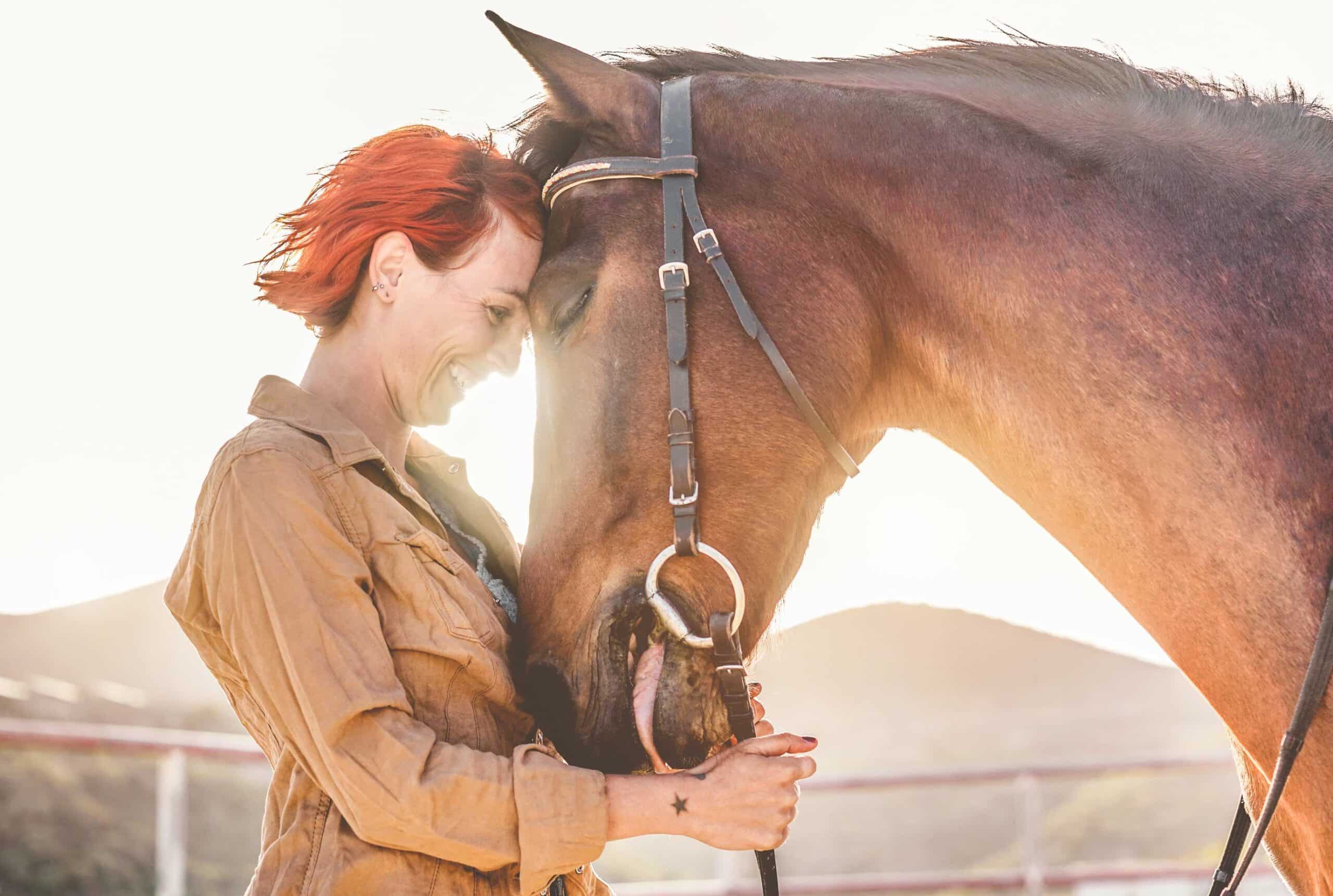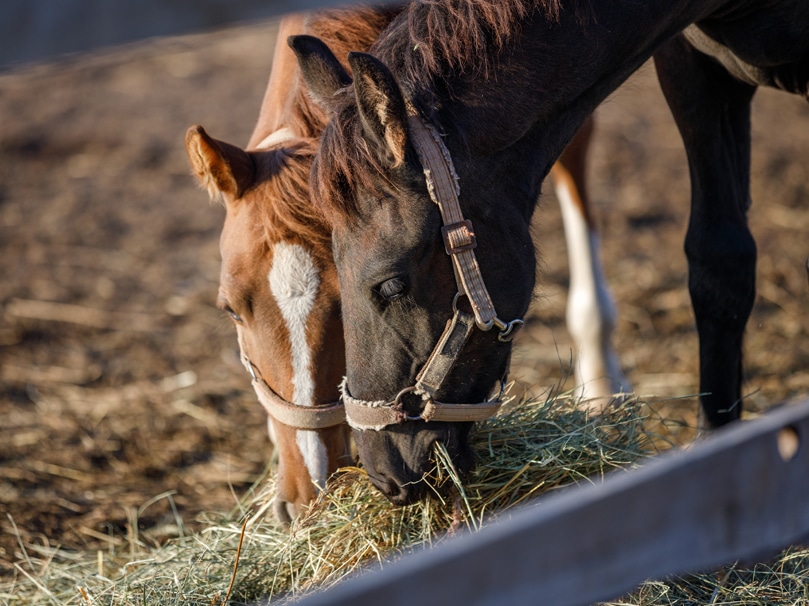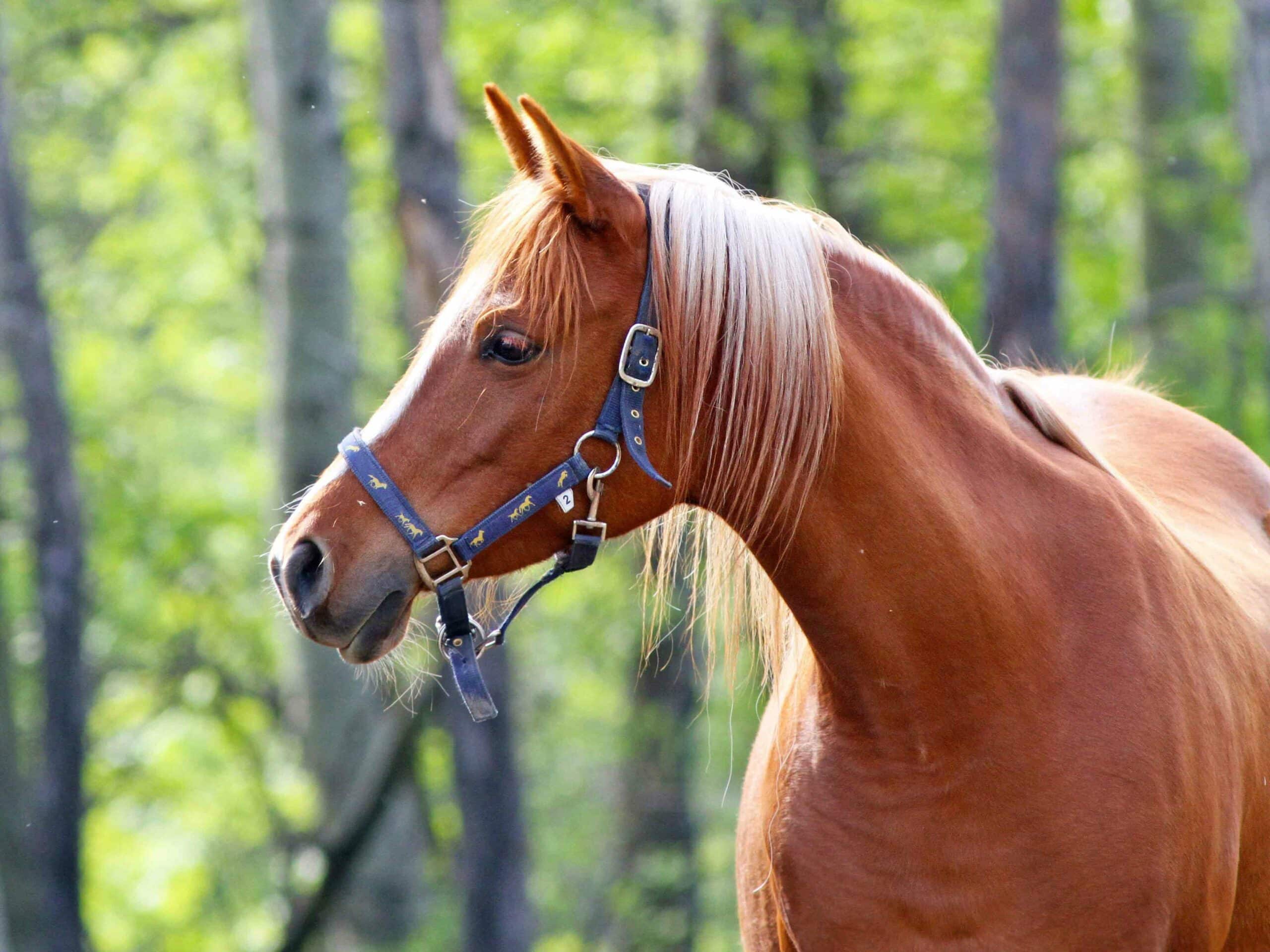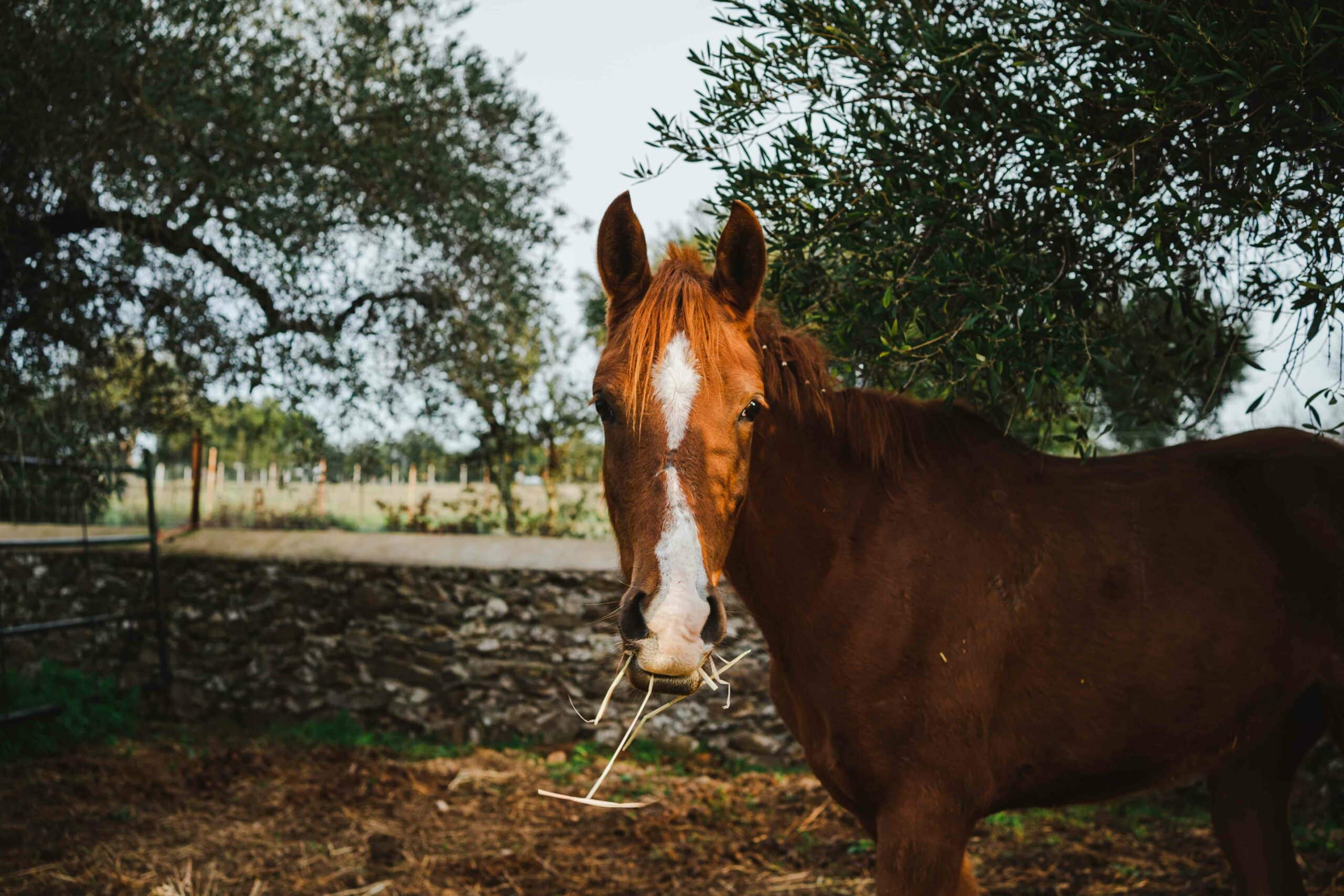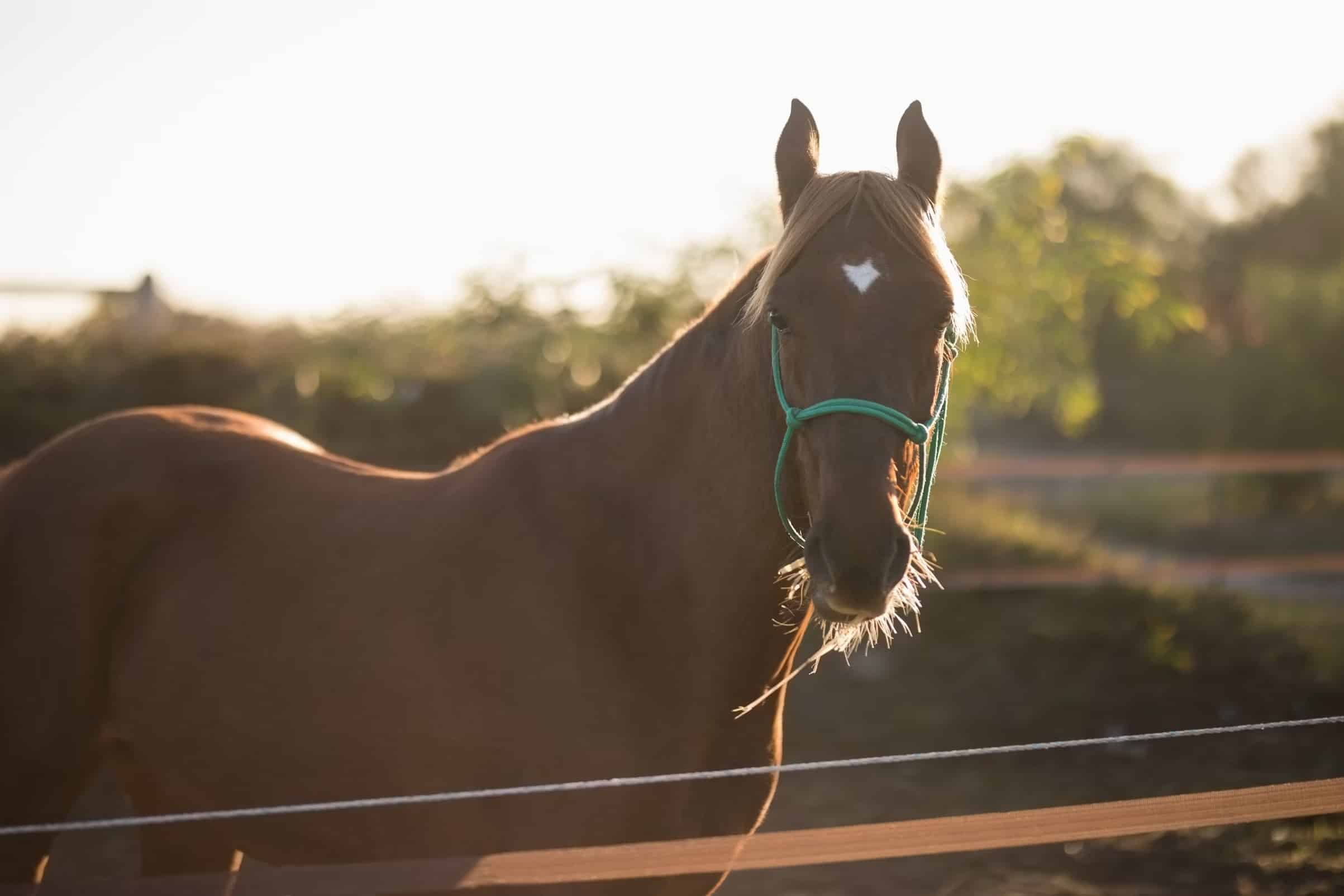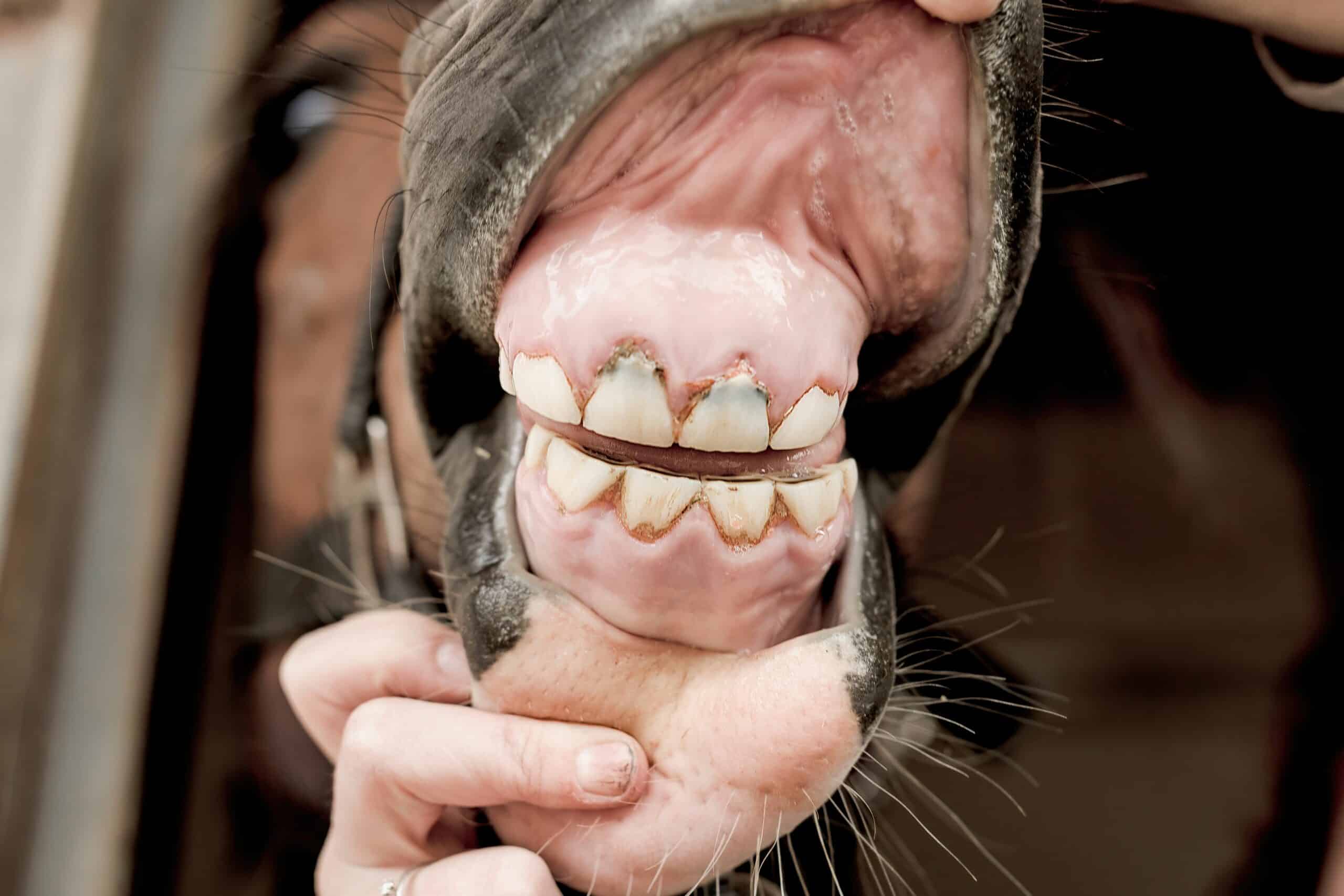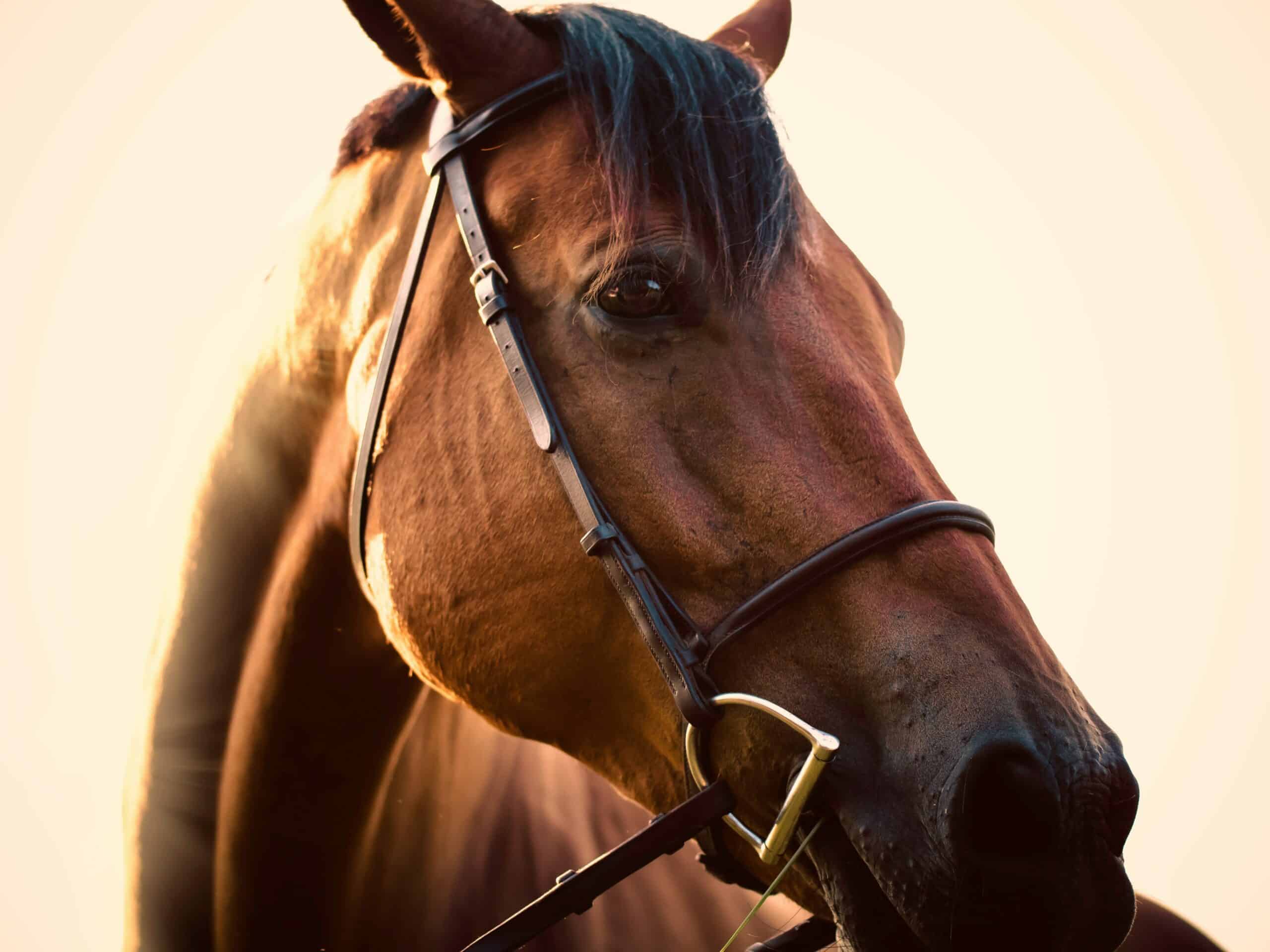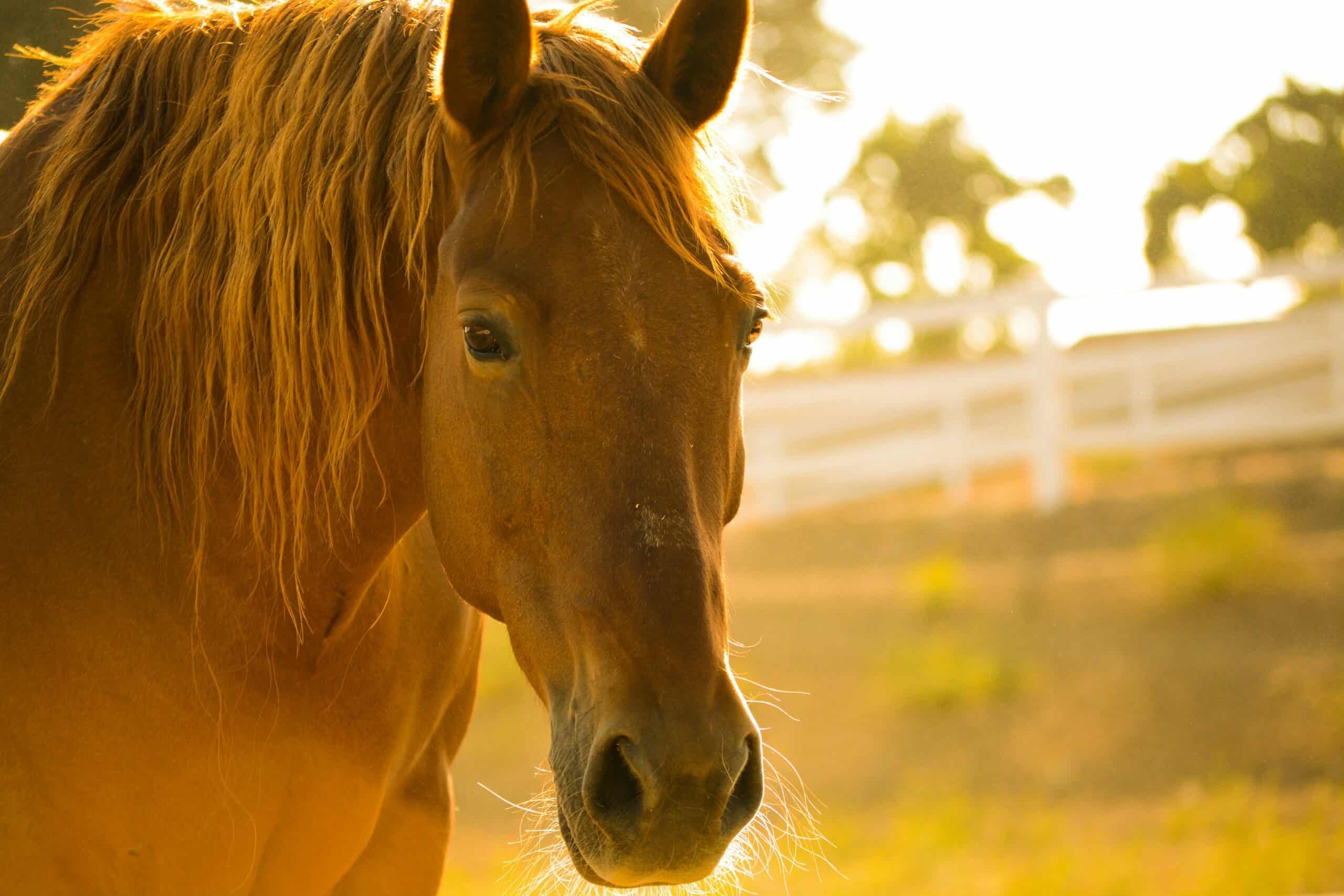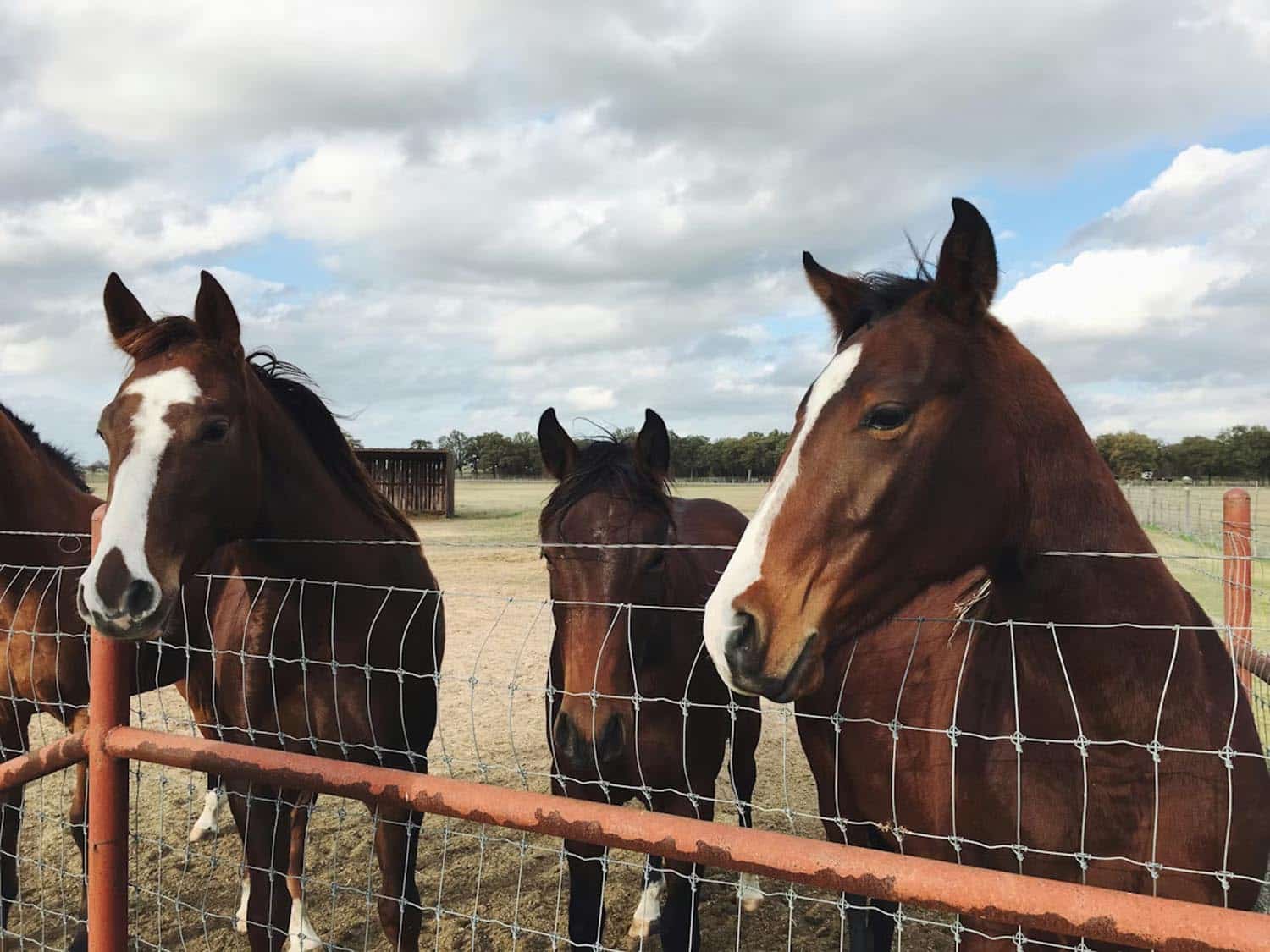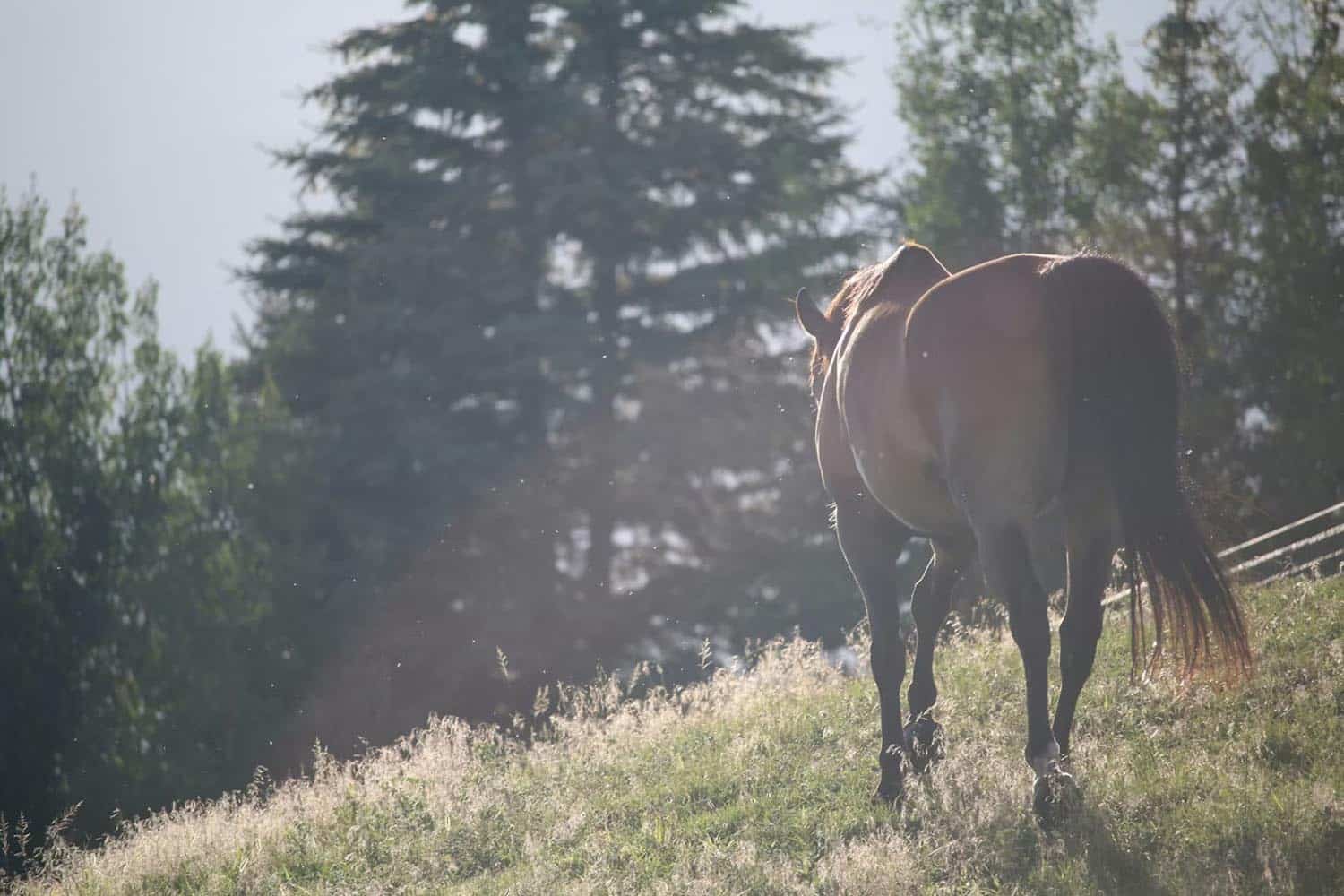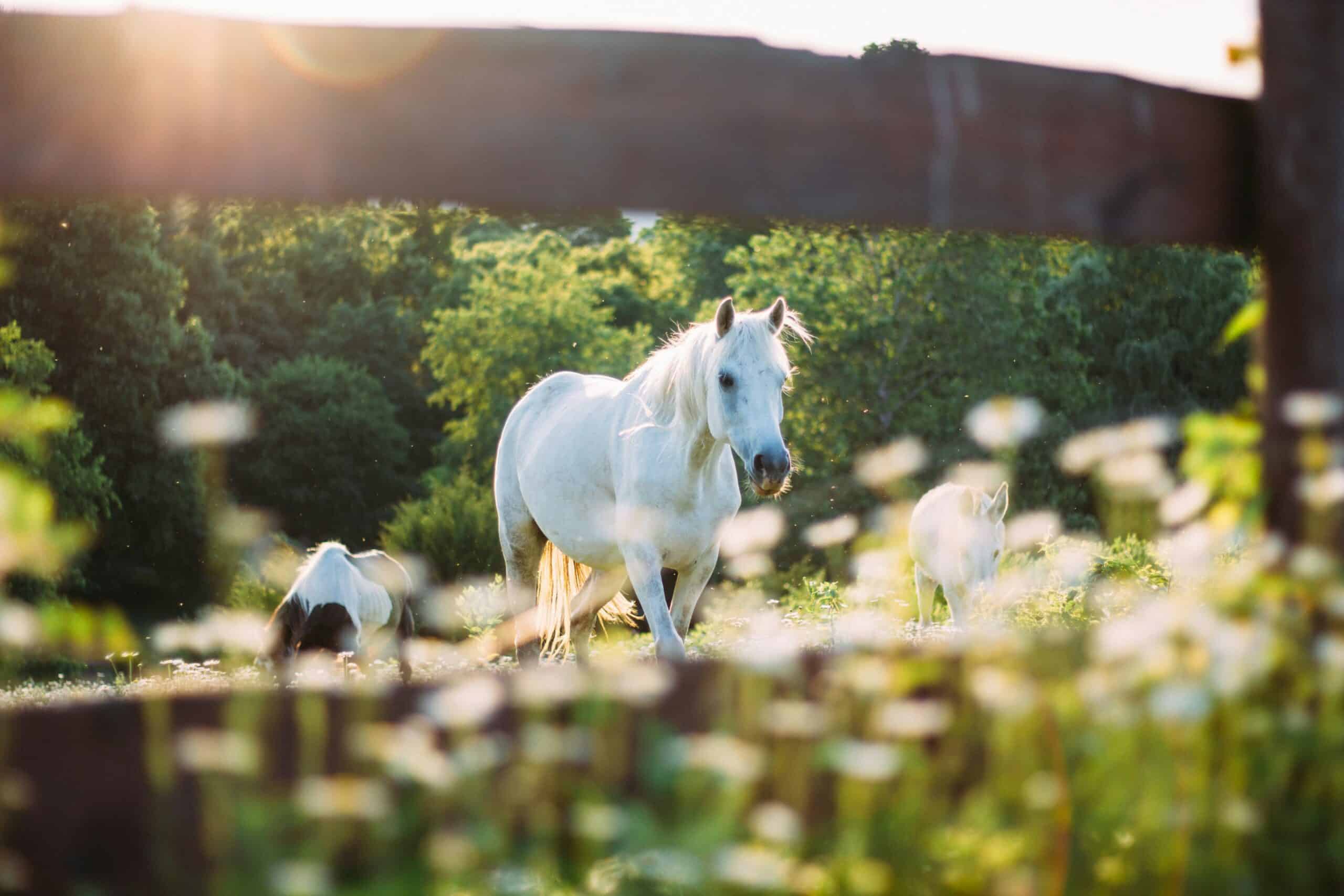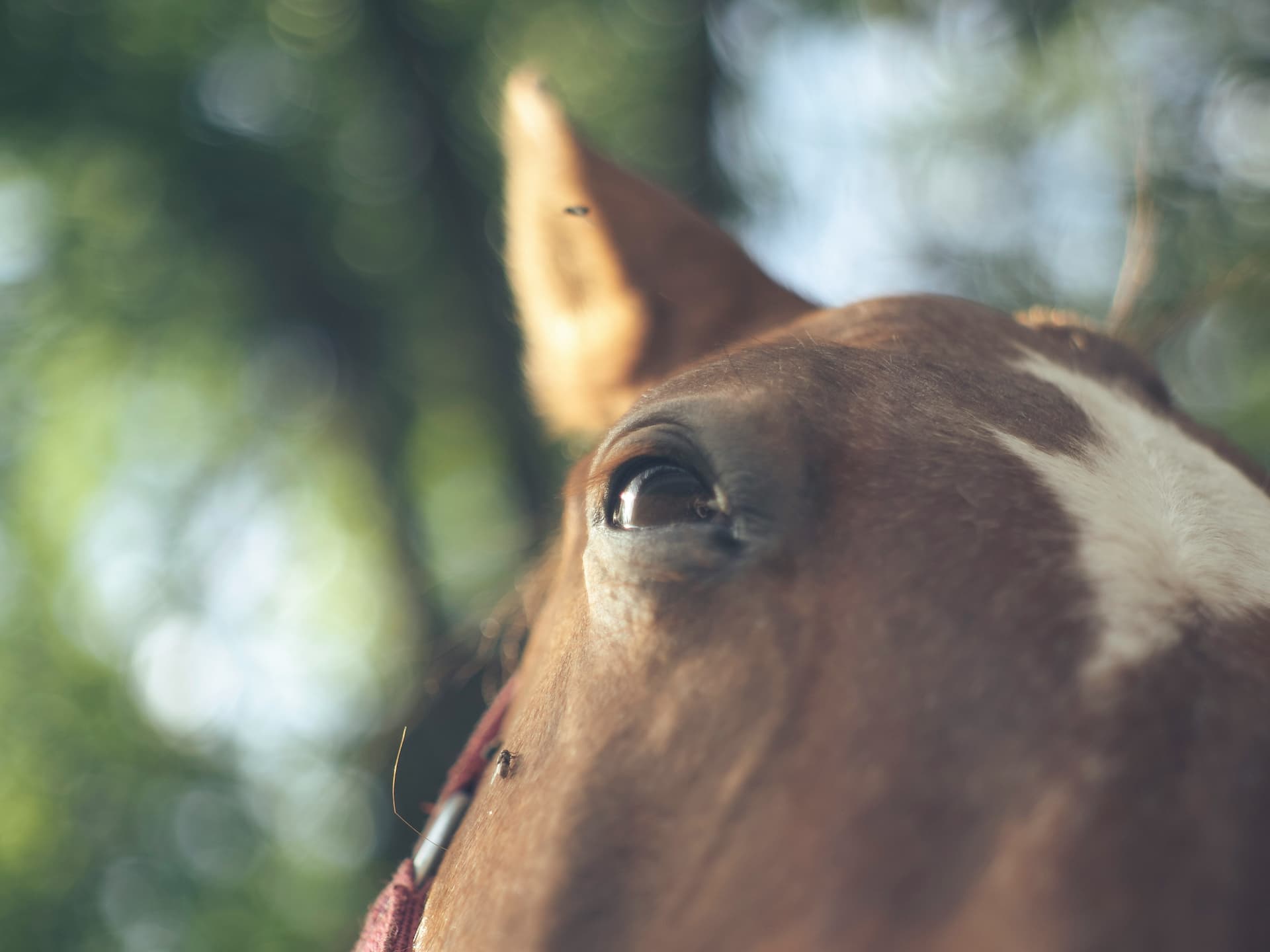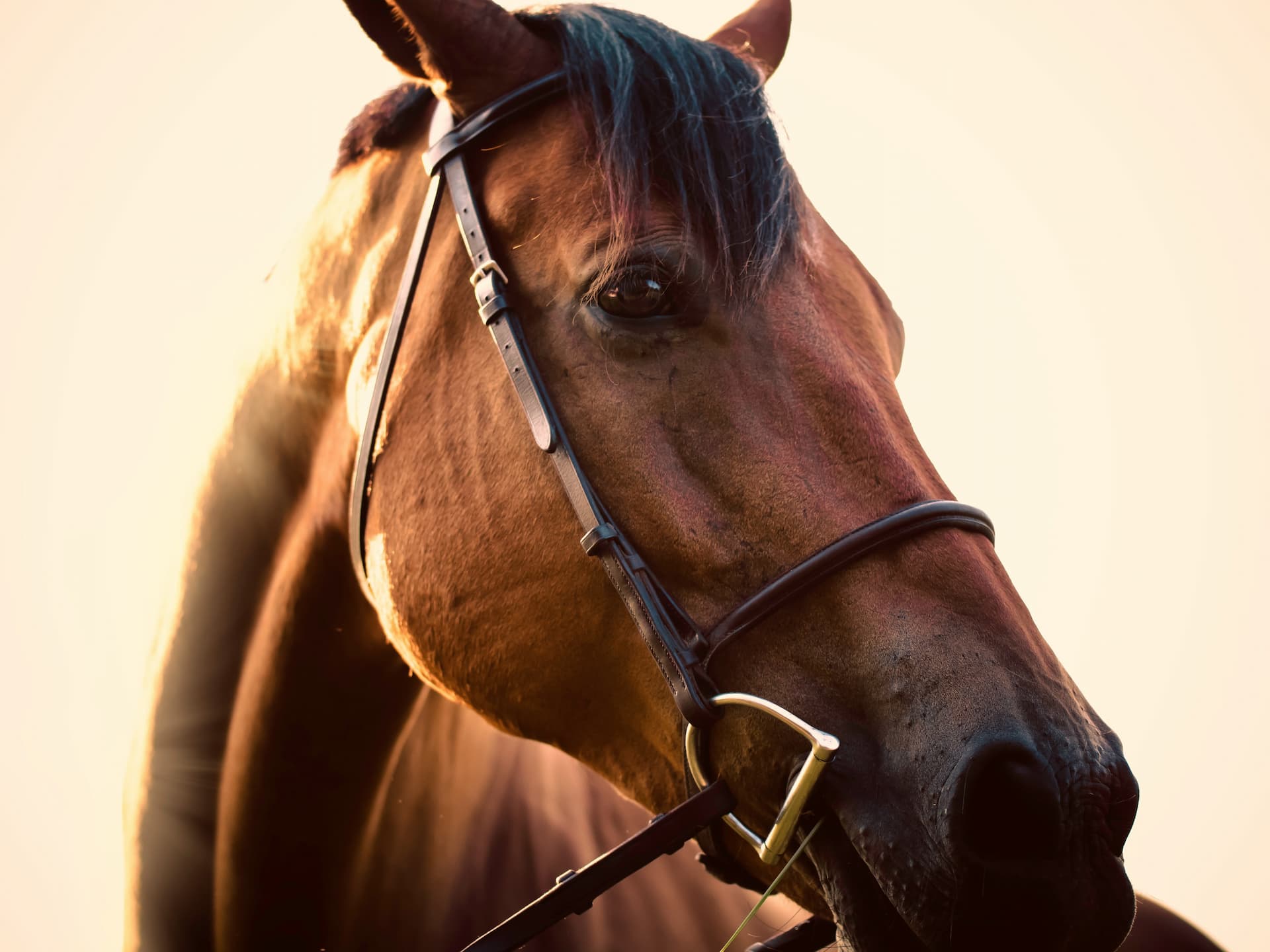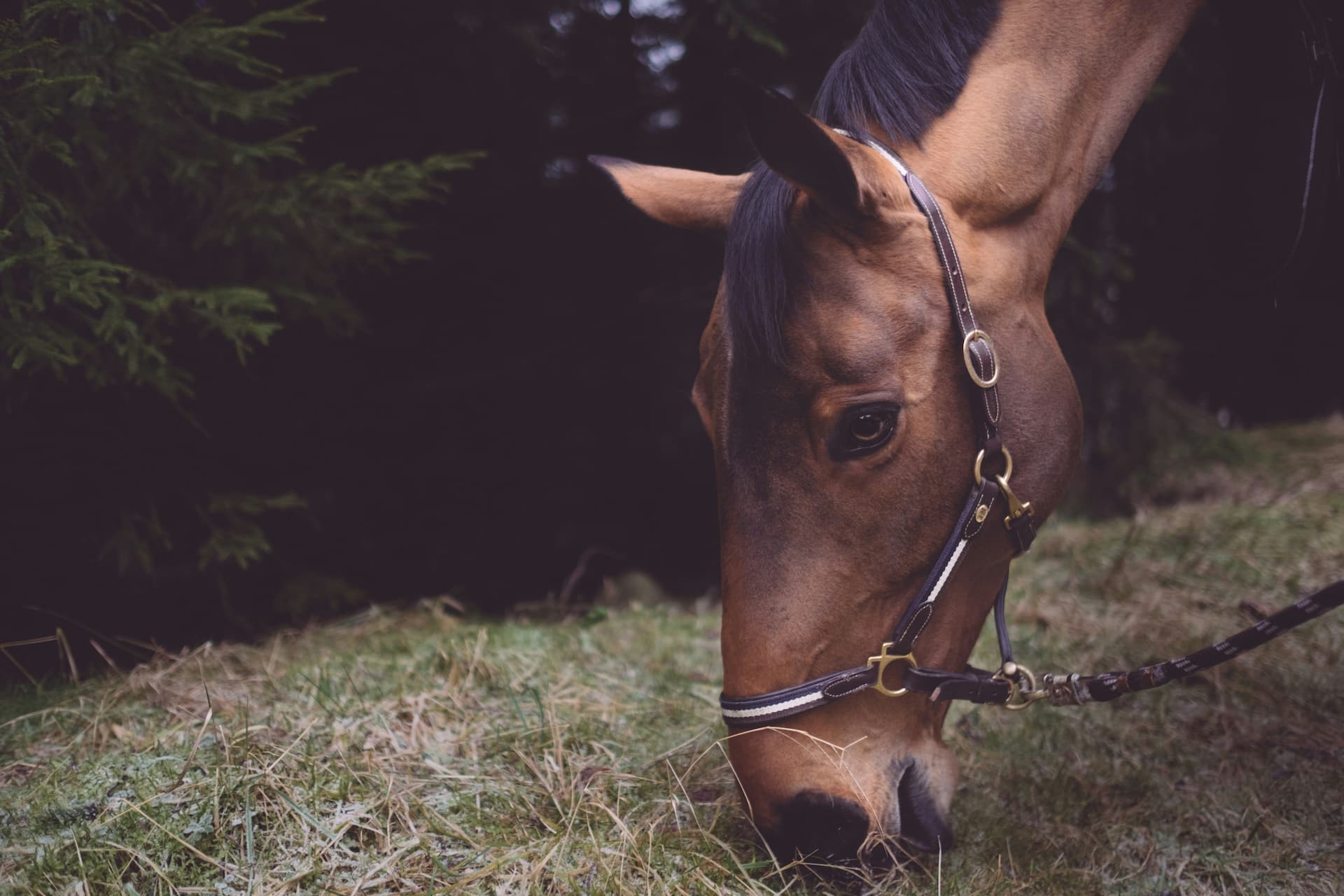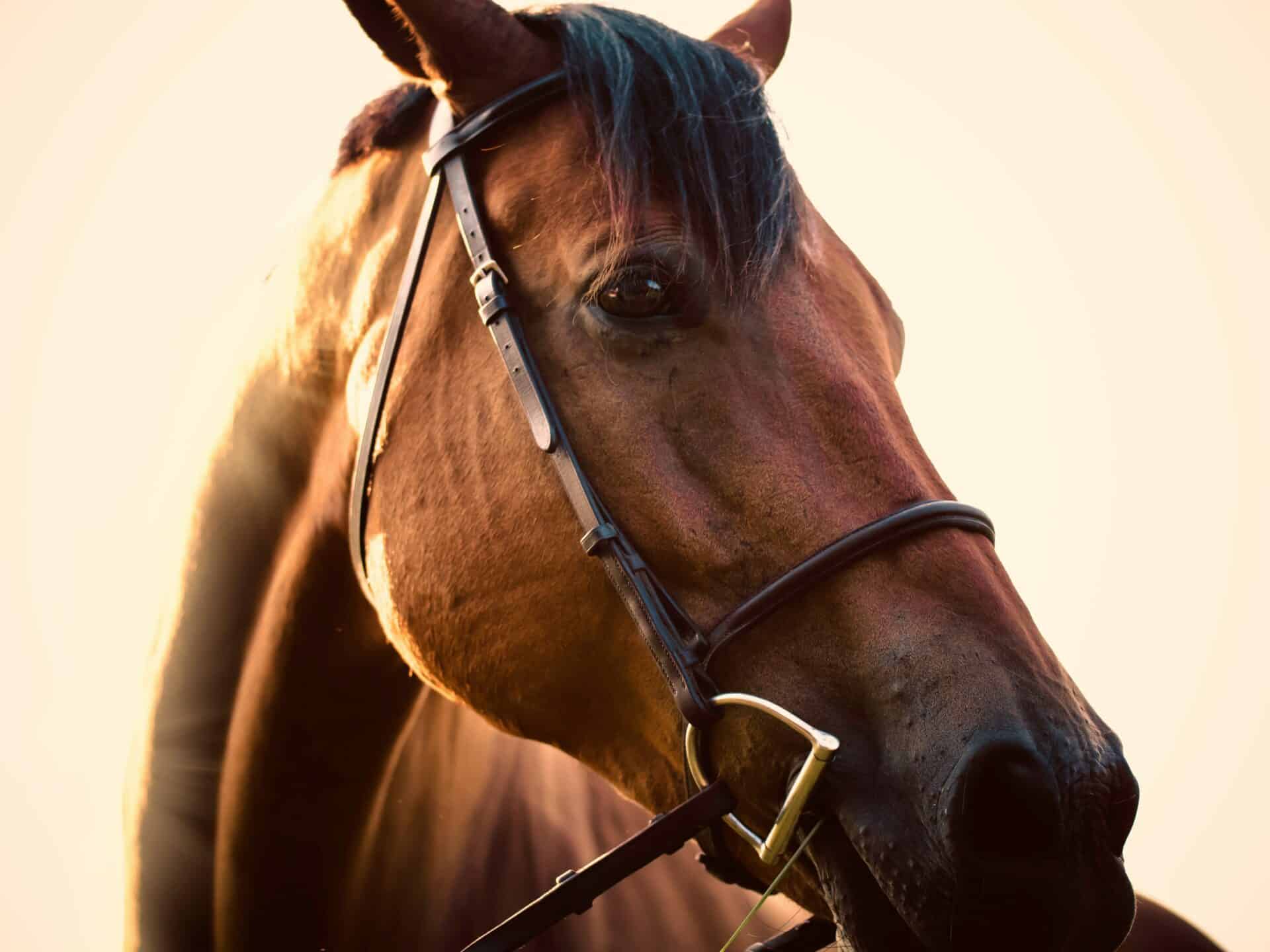
What Horse Owners Need to Know About Equine Gastric Ulcers
When it comes to your horse’s health, equine gastric ulcers are a difficult-to-diagnose and all-too-prevalent problem. How prevalent are equine stomach ulcers? Numbers range from 33% to 50% of all horses. If you own a racehorse or show horse, these numbers jump. About 90% of racehorses and 60% of show horses suffer from equine gastric ulcers. Before you panic, don’t worry. We’re here to help. There are plenty of ways you can help your horse avoid gastric ulcers.
How Can You Reduce the Risk of Equine Gastric Ulcers?
- Let Your Horse Graze: Allowing your horse to graze in the pasture stimulates saliva production which neutralizes the acid.
- Keep Your Horse Mentally Stimulated: Boredom can lead to stress which leads to increased stomach acid. If your horse is stabled, be sure you visit often, let your horse socialize with other horses, and get out in the pasture as often as possible.
- Feed Your Horse Often: Acid can build up in an empty stomach. Smaller and more frequent meals can prevent large acid loads from damaging your horse’s stomach.
- Be Aware of the Effect of Anti-Inflammatory Drugs: While NSAIDs can reduce pain, ulcers are one of the most common side effects from their use by blocking prostaglandin production.
- Limit Stress: Training, moving, and a change in schedule can all throw your horse into a state of stress. When stressed, horses’ stomachs tend to produce more acid, which can lead to ulcers.
- Reduced Grain and Increase Alfalfa: Grain has high levels of fatty acids that can contribute to stomach damage.
What Are the Signs of Equine Gastric Ulcers?
Equine gastric ulcers are progressive, which means you want to catch them before they have a chance to develop. For the majority of cases, horses show little to no signs, which makes regular checkups very important.
If you notice your horse displaying any of these symptoms, your horse may be developing stomach ulcers:
- Casting or rolling
- Eating more hay than usual
- Lack of appetite
- Fussiness and irritability
When left undiagnosed, horses will present the following signs:
- Colic
- Teeth grinding
- Anorexia
- Drooling and excessive saliva
- Prolong periods on their backs
What If My Horse Is Experiencing Pain from Gastric Ulcers?
One of the best ways to help your horse feel better is to let them take it easy. Exercise can increase acid which can aggravate and worsen your horse’s condition.
Of course, we would recommend that if your horse seems to be experiencing stomach pain that you give us a call. If we deem it necessary, we will need to perform a gastroscopy, which requires an empty stomach. So, your horse will have to fast for up to a day in advance and stop drinking water a few hours before we arrive. In other words, do not delay calling.
There are medications we can prescribe that reduce stomach acid, and in most cases, ulcers will heal on their own with just a few changes to your horse’s diet and environment. We can work with you to improve your horse’s environment and feed to prevent ulcers from worsening and encourage healing.
